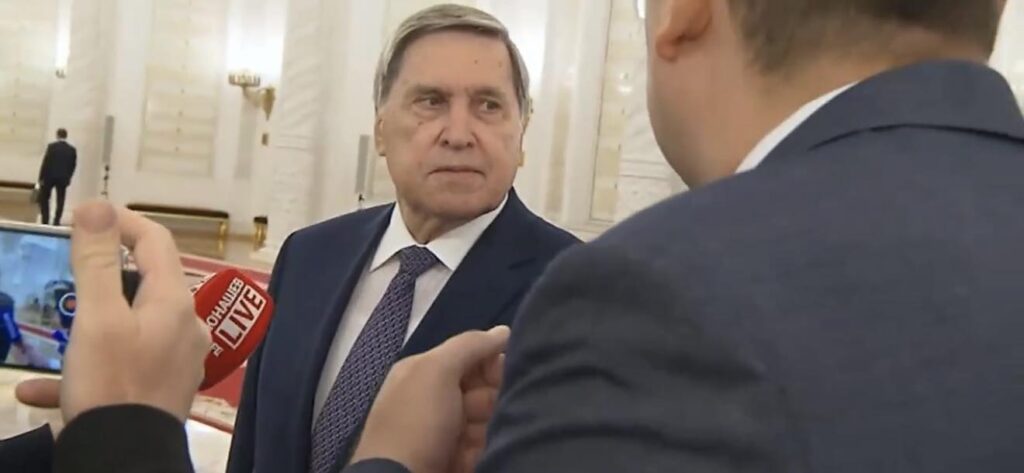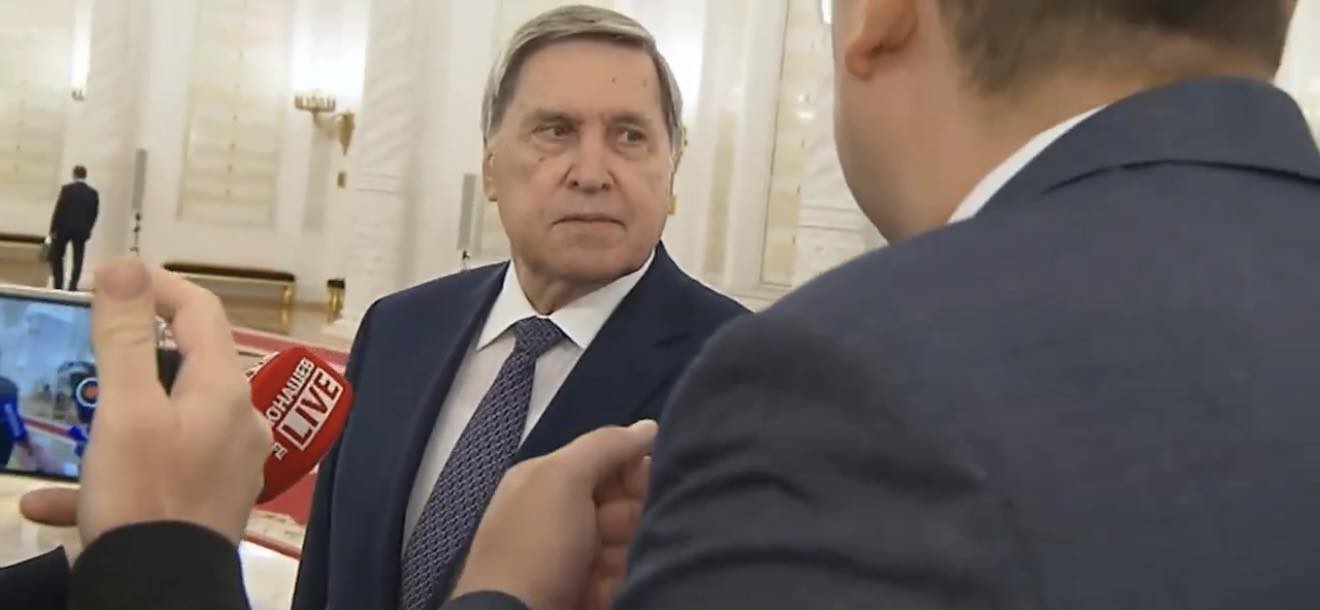Discover how Russia’s recent signals indicate a willingness to engage with Trump’s peace offer, potentially reshaping international relations and diplomacy.
The long and brutal conflict in Ukraine has been a defining tragedy of our time, and the search for a diplomatic solution has proven to be a complex and frustrating endeavor. For months, the international community has watched as President Trump has made it a central mission of his administration to broker an end to the war. His approach, characterized by a mix of direct diplomacy, public ultimatums, and the threat of new sanctions, has been a departure from previous strategies. Now, a new development has captured headlines and sparked a renewed sense of cautious optimism: a top Russian official has stated that an offer from the Trump administration, reportedly related to the war, is considered “acceptable.” This blog post will unpack the significance of this statement, analyze the context surrounding it, and explore what it might mean for the future of the conflict.
The Diplomatic Dance: From Ultimatum to “Acceptable”
The journey to this point has been anything but straightforward. President Trump has been open about his desire to end the war, famously stating he could do so in 24 hours. This ambition has been backed by a series of deadlines and warnings aimed at pressuring Moscow. Just recently, the U.S. had set a deadline for Russia to show progress toward peace or face a new wave of sanctions and tariffs. This high-stakes approach was designed to force a breakthrough, and the Russian response, through presidential aide Yuri Ushakov, seems to indicate that the pressure may be having an effect.

The Role of Special Envoy Steve Witkoff
A key player in this diplomatic push is President Trump’s special envoy, Steve Witkoff. His recent high-level meetings with Russian President Vladimir Putin in Moscow were a critical step. While the details of their discussions were not immediately made public, President Trump described the talks as “highly productive” and hinted at “great progress.” It is within this context that Ushakov’s comments about an “acceptable” offer were made, suggesting that Witkoff’s visit may have laid the groundwork for a more formal negotiation process. The Kremlin’s statement confirms that a bilateral meeting between the two leaders is being prepared “in principle,” a significant step forward from previous rounds of stalled talks.
What Constitutes an “Acceptable” Offer for Russia?
The word “acceptable” is doing a lot of heavy lifting here. Without the public release of the specific terms of the proposal, speculation abounds. What would a peace deal that satisfies Russia, even partially, look like? For Russia, the core demands have remained consistent throughout the conflict. These likely include:
- Recognition of occupied territories: Moscow has consistently sought the international recognition of its claim over the territories it has annexed.
- Neutrality for Ukraine: Russia’s long-standing demand for Ukraine to be a neutral state, and not a member of NATO, remains a central point of contention.
- Sanctions relief: The Russian economy, while resilient, has been under the strain of international sanctions. Any deal that offers relief from these measures would be highly appealing.
It is important to note that Russia has a history of engaging in diplomatic talks as a means of stalling for time and consolidating its battlefield gains. The international community, and particularly Ukraine, will be watching closely to see if this is a genuine shift in position or a tactical maneuver.
The Stakes for Ukraine
The implications for Ukraine are enormous. The “nothing about Ukraine without Ukraine” principle has been a cornerstone of Western policy, but the prospect of a bilateral meeting between President Trump and President Putin raises concerns that Ukraine’s voice could be marginalized. While Ukrainian President Volodymyr Zelenskyy has expressed a willingness to engage in talks, and even to meet with Putin, the reported focus on a bilateral US-Russia meeting has been met with caution. The Ukrainian government’s position has been clear: any peace deal must be based on a full, immediate, and unconditional withdrawal of Russian forces from all of Ukraine’s internationally recognized territory. Any offer that falls short of this would be seen as a betrayal by Kyiv and could face strong domestic opposition.
The Road Ahead: Challenges and Uncertainty
While Ushakov’s statement has created a sense of forward momentum, the path to a lasting peace is fraught with challenges. The very nature of a deal that is “acceptable” to Russia may be fundamentally unacceptable to Ukraine and its Western allies. The specifics of the proposal will be crucial, and until they are made public, the world will be left to wonder about the true nature of the potential compromise.
The timeline for a meeting between the two leaders is reportedly “in the coming days,” with a venue already agreed upon in principle. This suggests a rapid acceleration of diplomatic efforts. However, the history of this conflict shows that a quick resolution is far from guaranteed. The coming days will be a critical test of whether a new era of diplomacy can finally bring an end to a war that has caused immense suffering and destabilized global security. The world is watching and waiting.

